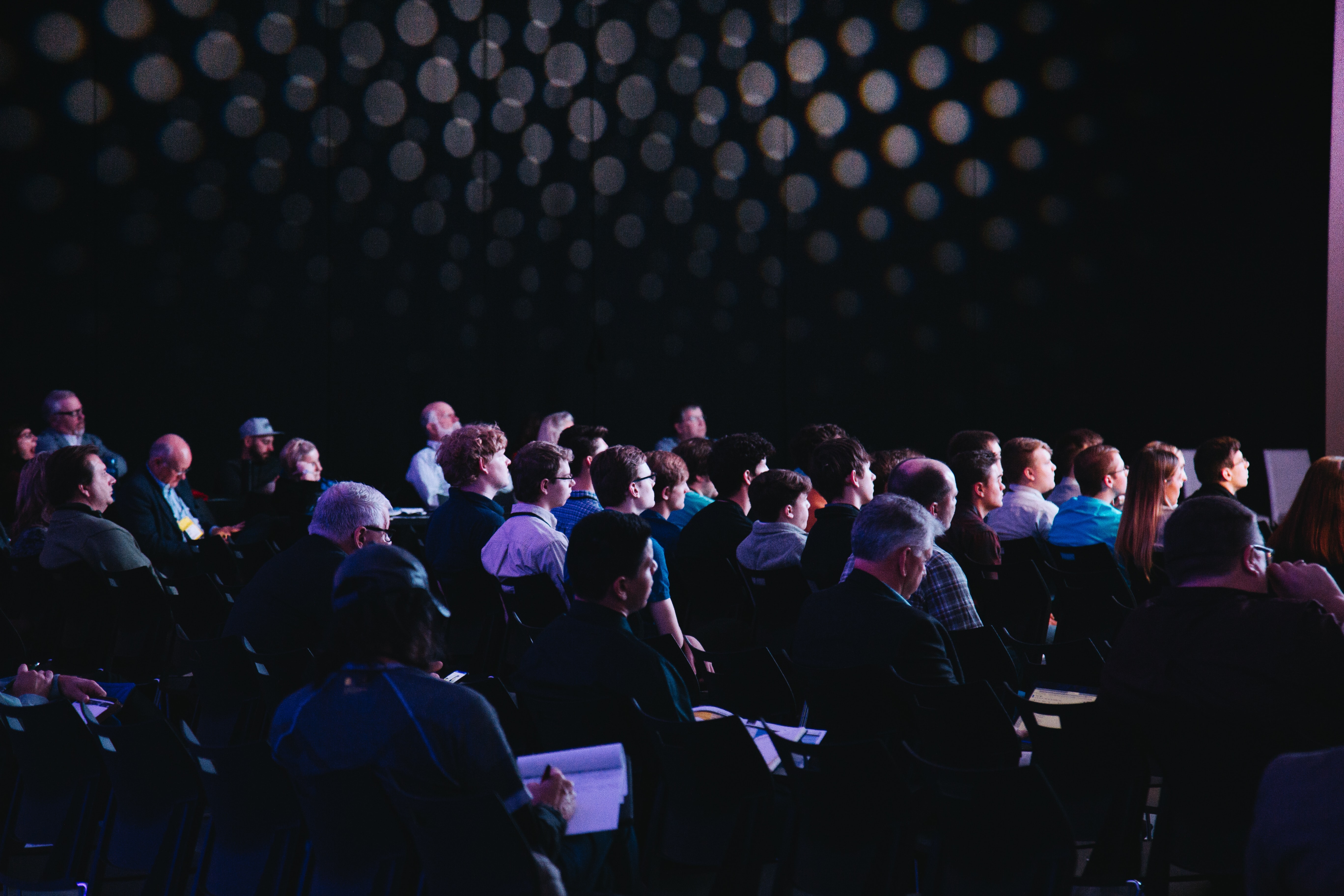Make us better presenters! (With a seminar)
On the surface, this request doesn't sound too unreasonable. Probably because so many training organizations today are still working with budgets cut back in 2008. (Training is nearly always low on a list of organizational priorities.) To get the most bang for every training dollar, there seems to be a concerted effort to train the greatest number of people—in the shortest amount of time—and with the greatest impact on the organization. If I were in their shoes, I’d be trying to do the same thing.
But those in organizational development and training groups also have a unique problem. At some point, to justify the dollars spent, someone somewhere is going to be asking about the actual results that training is producing. Is it changing the individual and organization in a way that impacts the bottom line?
Therein lies the challenge. You see, improving the performance and personal impact of another human being is never about checking a box in an employee file. It’s all about outcomes. Were behaviors actually changed and will that change really last? How do you weigh the relative business value of one skill set over another one?
And yes, it creates difficult choices. Should I put 25 people into a computer lab and teach them how to use Excel pivot tables at $150 each? Or 12 people into a hands-on, videotaped coaching workshop for a day to become much more effective at communicating their thoughts, ideas and plans to others—maybe for the rest of their career (at $500-600/ea).
Back to the question that started this all (and let's be boldly honest). Can someone make you a better communicator and presenter in a group seminar or webinar setting in just an hour or two? The simply answer would be no… for this reason.
People spend decades creating their pattern of personal communication. Often that includes bad habits, outdated approaches, and deeply entrenched misconceptions about the process itself. A 1-2 hour seminar can’t change that fact, anymore than you can change any other deeply ingrained behavior in one experience. If the world actually worked that way I would watch an extra hour of golf on Sunday afternoon to improve my game or jump in on a webinar to learn to sing better. We all instinctively know—not much would change.
Changing what we know vs. changing what we do
20 years of experience has taught me that if you want to create real and meaningful change in someone’s foundational communication skills and make it stick, this is what must happen:
- Get a person up on their feet in front of their peers (learn to manage the anxiety we all feel in those moments)
- Experience videotaped feedback of how you present today (see yourself through the eyes of others)
- Learn how changing a few small things can make a big difference (experience success, don’t just observe it)
- Participate in that process with others (build a circle of ongoing accountability)
I think the late Maya Angelou had it right—“people will rarely remember what you had to say, but they will always remember how you made them feel.” There’s nothing like the feeling of taking the fear or apprehension about presenting that so many experience, and turning it into a rousing round of group applause at the end of the day, as you move from being one of the simply average masses—to being an amazingly good presenter. That’s the kind of professional development that can alter the trajectory of someone’s personal career and maybe even their life.
See more speaking tips from Distinction Communication.









